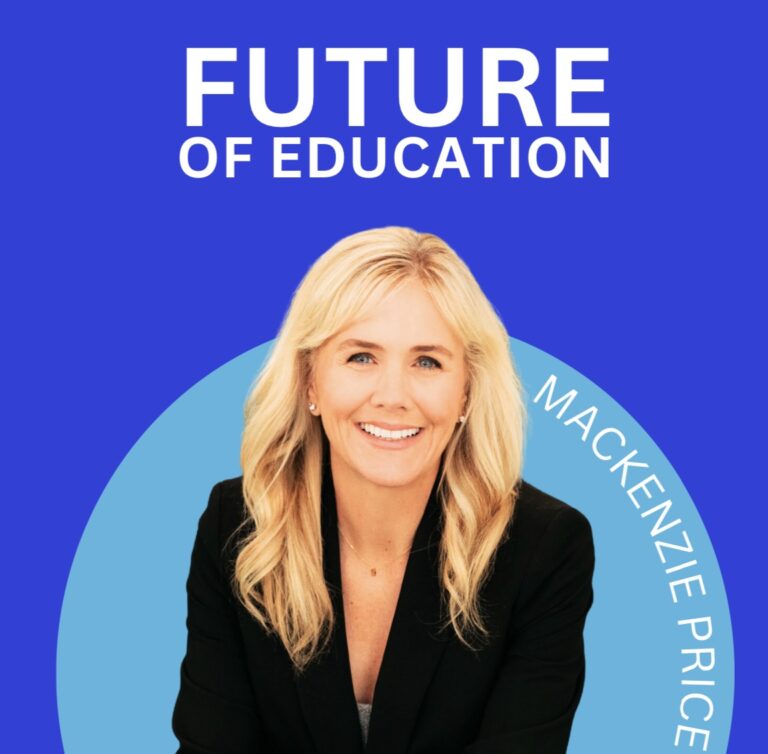Gentle parenting vs. other parenting styles
Mariel Benjamin
Cooper

- Part 1Empowering kids to deal with bullying & social media
- Part 2 Gentle parenting vs. other parenting styles
Show Notes
-
00:52How Cooper supports parentsCooper is an online parenting platform designed to provide both group and individual support to parents as they navigate the complexities of parenting. Their approach is rooted in evidence-based insights from child development research, empowering parents to make informed decisions.
-
02:36Gentle parenting vs. authoritarian and permissive approachesGentle parenting emphasizes sensitivity and responsiveness to children's needs while recognizing their individuality and temperament, in contrast to authoritarian or permissive approaches. It acknowledges children's feelings while setting necessary boundaries.
-
06:49Parenting philosophy and balancing sensitivity and setting boundaries for childrenParents are often unaware of their parenting philosophy until confronted with situations highlighting differences with others. Aligning their parenting style with their child's needs is essential for a balanced approach that combines sensitivity with necessary boundaries.
-
11:39The importance of supporting children without solving their problemsInstead of fixing every problem, parents must be good listeners, making children feel heard and loved. Tolerating our kids discomfort helps them learn to tolerate their own discomfort and prepares them to navigate a world thats less understanding and supportive.
-
14:27Reframing failure as a learning opportunity in childhoodEncouraging children to experience failure within a supportive environment allows them to learn while still under the safety net of parental and school support. By viewing childhood as a safe space for making mistakes, parents can encourage growth and resilience in their children.
-
15:42Addressing parental guilt and setting boundariesParenting from a place of guilt rarely yields positive outcomes. It's essential to reframe expectations and accept that occasional "bad cop" moments are integral to parenting, fostering growth and learning in children.
Quotes
-
"Finding that middle ground of, how can I feel good about my parenting that it is sensitive to my child but also, I'm the one driving the bus is important. In the end, we need to be the ones driving the bus." - Mariel Benjamin
-
"The easier you are to talk to, the longer they'll keep talking to you. We have to be good listeners. Seeing our children and being sensitive to who they are doesn't mean we can't also have rules and expectations of them." - Mariel Benjamin
-
"As parents, we need to work on our ability to tolerate our own children's discomfort. And by doing that, we help them learn they can tolerate their own." - Mariel Benjamin
-
"Childhood is meant to be where our kids experience a lot of this hard stuff in this loving environment that we can provide for them." - Mariel Benjamin
-
"While we all wish we didn't have to be bad cops every once in a while, that is part of your most important role as a parent." - Mariel Benjamin
- Part 1Empowering kids to deal with bullying & social media
- Part 2 Gentle parenting vs. other parenting styles
Up Next:
-
Part 1Empowering kids to deal with bullying & social media
Mariel Benjamin, Program Director at the Mount Sinai Parenting Center and VP of Groups and Content at Cooper, delves into bullying and social media. Social media is a constant presence in our lives, especially for kids. While it offers opportunities for connection and creativity, it can also present challenges like bullying and negativity. Fortunately, we can take steps as parents to help our kids deal with negative social media interactions healthily and positively. Today, Mariel discusses empowering kids to deal with bullying and social media.
Play Podcast -
Part 2Gentle parenting vs. other parenting styles
Mariel Benjamin, Program Director at the Mount Sinai Parenting Center and VP of Groups and Content at Cooper, delves into gentle parenting. In contrast to the traditional authoritarian parenting style many of us grew up with, gentle parenting prioritizes acknowledging and understanding children's emotions and temperament. However, when parents adopt this approach without setting boundaries, kids don’t learn how to deal with adversity or the skills to navigate life as an adult. Today, Mariel discusses gentle parenting vs. other parenting styles.



